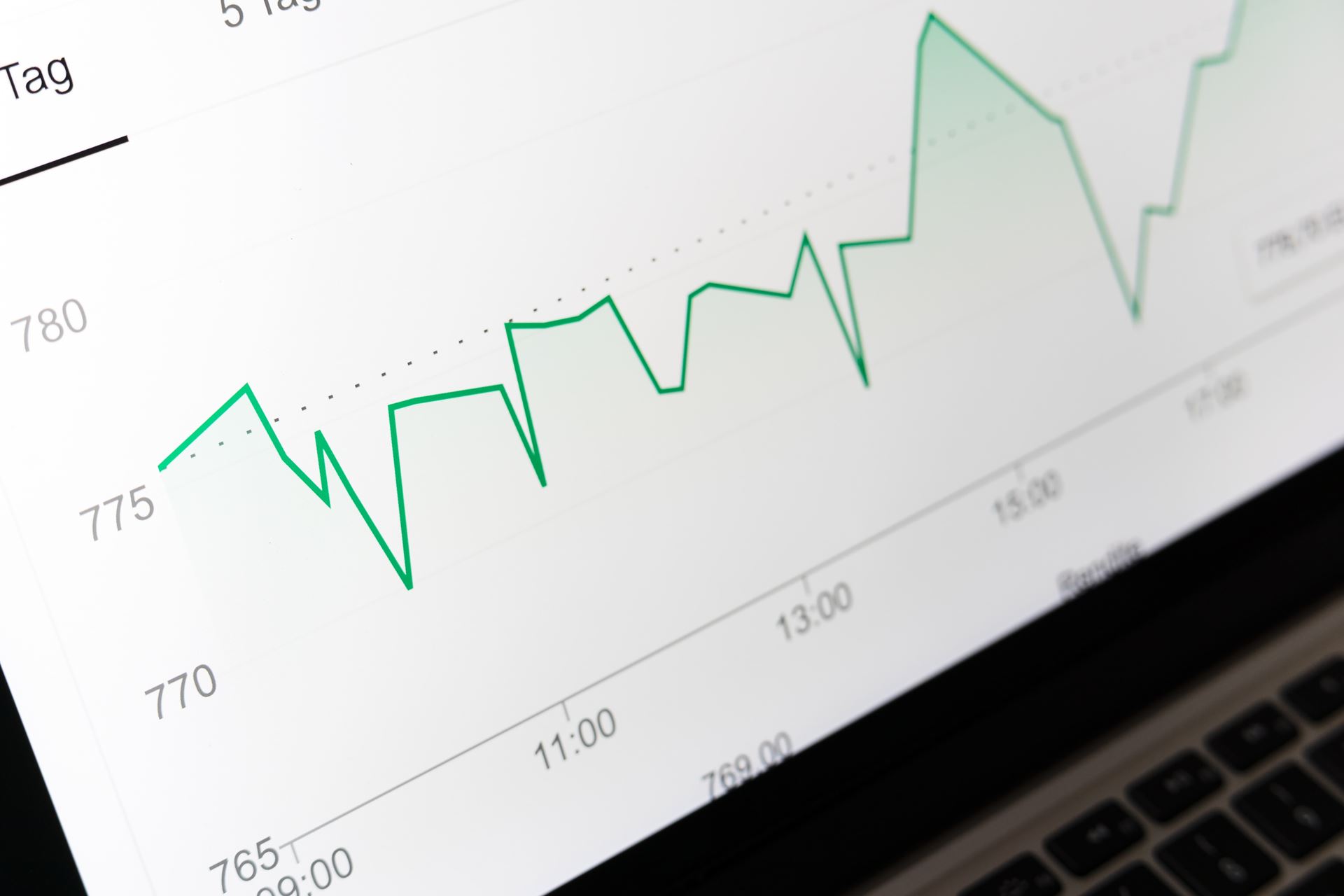Test Results
Blood Test Clinic
Our Blood Test (Phlebotomy) clinic is now based in our Fender Way site. You can book your blood tests by calling Claughton Medical Centre or Fender Way Health Centre. The clinic runs Monday to Friady 08:30am to 13:00.
Results Of Tests And Investigations
Please remember if you have a blood test or other investigation it is your responsibility to ring the practice for the result. Please telephone for all results after 2pm.
Blood test results are usually available within 7 days of being taken.
The doctor will advise you if the interval is significantly different. To maintain confidentiality, results will only be given to the patient.

Online Test Results
Registered for Online Services? Click here to login and see your test results.
Blood Tests
A blood test is when a sample of blood is taken for testing in a laboratory. Blood tests have a wide range of uses and are one of the most common types of medical test. For example, a blood test can be used to:
- assess your general state of health
- confirm the presence of a bacterial or viral infection
- see how well certain organs, such as the liver and kidneys, are functioning
A blood test usually involves the phlebotomist taking a blood sample from a blood vessel in your arm and the usual place for a sample is the inside of the elbow or wrist, where the veins are relatively close to the surface. Blood samples from children are most commonly taken from the back of the hand. The childs hand will be anaesthetised (numbed) with a special cream before the sample is taken.
You can find out more about blood tests, their purpose and the way they are performed on the NHS Choices website.
X-Rays
An X-ray is a widely used diagnostic test to examine the inside of the body. X-rays are a very effective way of detecting problems with bones, such as fractures. They can also often identify problems with soft tissue, such as pneumonia or breast cancer.
If you have an X-ray, you will be asked to lie on a table or stand against a surface so that the part of your body being X-rayed is between the X-ray tube and the photographic plate.
An X-ray is usually carried out by a radiographer, a healthcare professional who specialises in using imaging technology, such as X-rays and ultrasound scanners.
You can find out more about x-ray tests, how they are performed, their function and the risks by visiting the NHS Choices website.